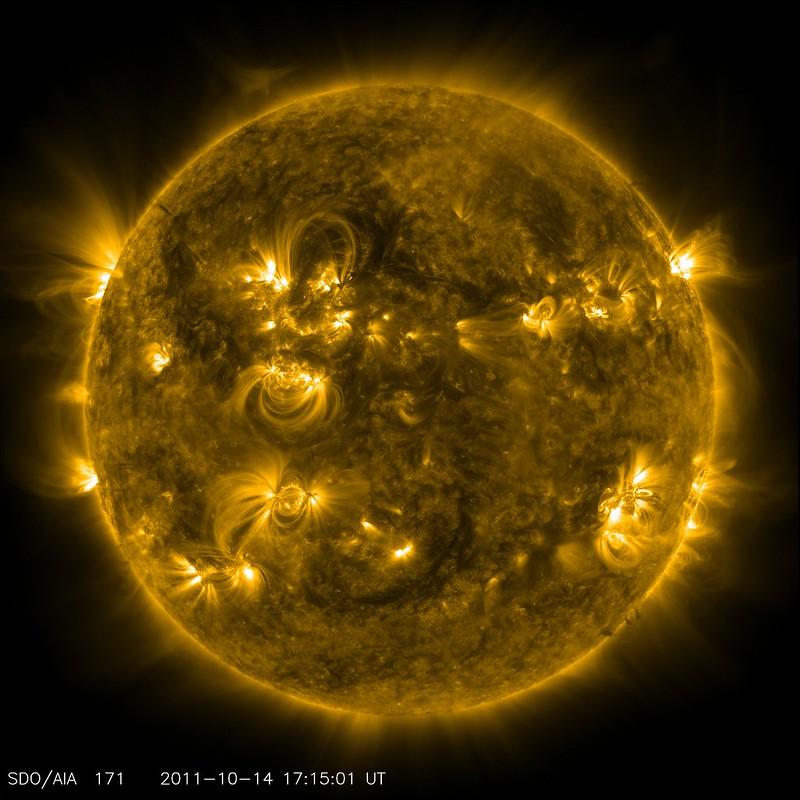The year was 2055. The once-blue skies were now a perpetual grey, choked with noxious fumes. The oceans were acidic and devoid of life. The continents were sinking beneath the weight of rising sea levels. Climate change and pollution had ravaged the planet, making it uninhabitable.
A team of scientists, led by Dr. Sophia Patel, had been working on a solution for decades. Finally, they had created a spacecraft capable of carrying humanity to a new home. The directive was clear: find a habitable planet, or risk extinction.
As the launch date drew near, the survivors of Earth gathered in the massive habitat module. They were the last remaining humans, a small fraction of the global population that had once thrived on the planet. The weight of their responsibility hung heavy in the air.
“We have 30 days to complete the evacuation,” Dr. Patel announced, her voice firm but laced with emotion. “We can’t bring everything. We must make difficult choices.”
The team had spent years preparing for this moment. They had compiled an exhaustive list of essential items, but the reality of their situation was crushing. They could not bring everything they needed to start anew.
The team’s chief engineer, Dr. Marcus Thompson, stepped forward. “We’ve calculated the cargo capacity of the spacecraft. We can bring no more than 500 tons of supplies and equipment.”
The room fell silent.
“We have to prioritize,” Dr. Patel said, her eyes scanning the crowd. “Who will make the decisions on what to bring and what to leave behind?”
A tall, imposing figure stood up. It was Jack Taylor, a former soldier who had lost everything in the initial waves of climate disasters. His voice was low and gravelly.
“I will. I’ve seen the worst of humanity’s destruction. I’ll make sure the right decisions are made.”
Dr. Patel nodded, and the task was assigned to Jack.
The first challenge was energy production. They could not bring the fossil fuels that had ravaged Earth, so they had to focus on renewable sources. Solar panels and a compact nuclear reactor were the only viable options. The decision was unanimous: they would bring the reactor.
Food and water production were next. They had developed advanced hydroponics and aeroponics systems, but time was limited. They could not bring all the seeds and nutrients needed to sustain a new society. A compromise was reached: they would bring a limited selection of staple crops and carefully curated genetic materials.
Healthcare was another essential component. The team debated the merits of bringing advanced medical facilities versus basic first aid kits and medical supplies. Jack’s decision: they would prioritize basic care and hope to adapt their medical knowledge to the new environment.
The same debate played out across the board. They would bring a limited selection of books, focusing on essential knowledge and historical records. They would not bring luxury items like entertainment systems or recreational equipment, as their primary goal was survival.
As the days passed, the weight of their choices became increasingly clear. They were abandoning a significant portion of their collective knowledge, leaving behind the trappings of their old world. They were, in effect, starting anew.
On the 20th day, the team gathered to review their decisions. The air was heavy with tension.
“We’ve made our choices,” Jack said, his voice laced with regret. “We’ve sacrificed a great deal, but we have no choice.”
Dr. Patel nodded, her eyes red-rimmed from lack of sleep. “We will carry the seeds of humanity with us. The knowledge, the stories, and the memories will survive. But at what cost?”
The remaining weeks were a blur of frantic activity. The spacecraft, named Nova Terra , was filled with the carefully selected supplies. The crew prepared for liftoff, their hearts heavy with the knowledge of what they were leaving behind.
On the day of departure, the survivors of Earth stood at the threshold of their new home. The planet they had known was gone, lost to the ravages of climate change and pollution. As they left its orbit, they looked back on the desolate, ravaged landscape. The air was thick with sorrow and regret.
The Nova Terra ‘s engines roared to life, and the last remnants of humanity set off into the unknown. They carried with them the hope of restarting their civilization, but the weight of their choices hung in the balance.
As they vanished into the vast expanse of space, one question haunted them: would they be able to survive on their new home, or would their journey end in failure?
The fate of humanity hung in the balance, as they embarked on a quest to find a new future.
Epilogue:
Years passed. The Nova Terra reached the outer reaches of the solar system and entered a new orbit around a distant planet. The crew’s initial surveys revealed a world both familiar and alien. It was home to no signs of life, but it had water, air, and a stable climate.
The survivors of Earth began their new life, struggling to adapt to the harsh environment. They built a new society, where every decision was a compromise between survival and progress.
In the end, they found a new home, but the scars of their departure from Earth would never fully heal. The memory of their old world, lost to climate change and pollution, served as a constant reminder of the devastating consequences of their actions.
And so, they set out to rebuild, carrying the weight of their choices into a uncertain future.
The Last Hope







Leave a Reply